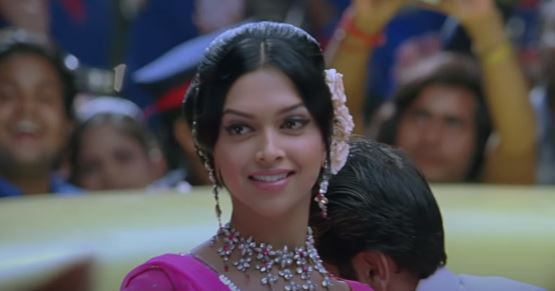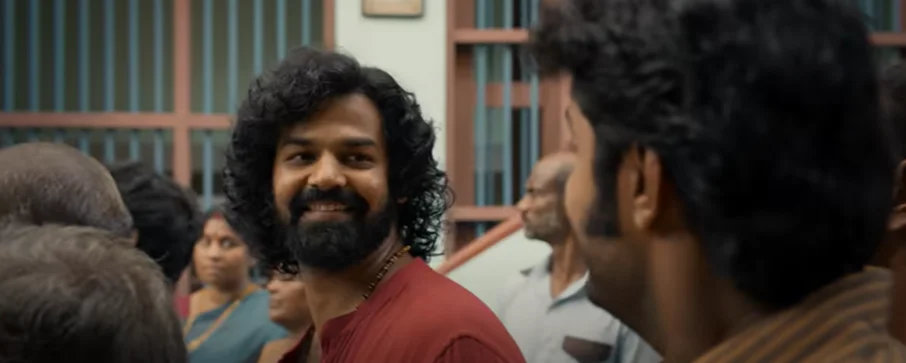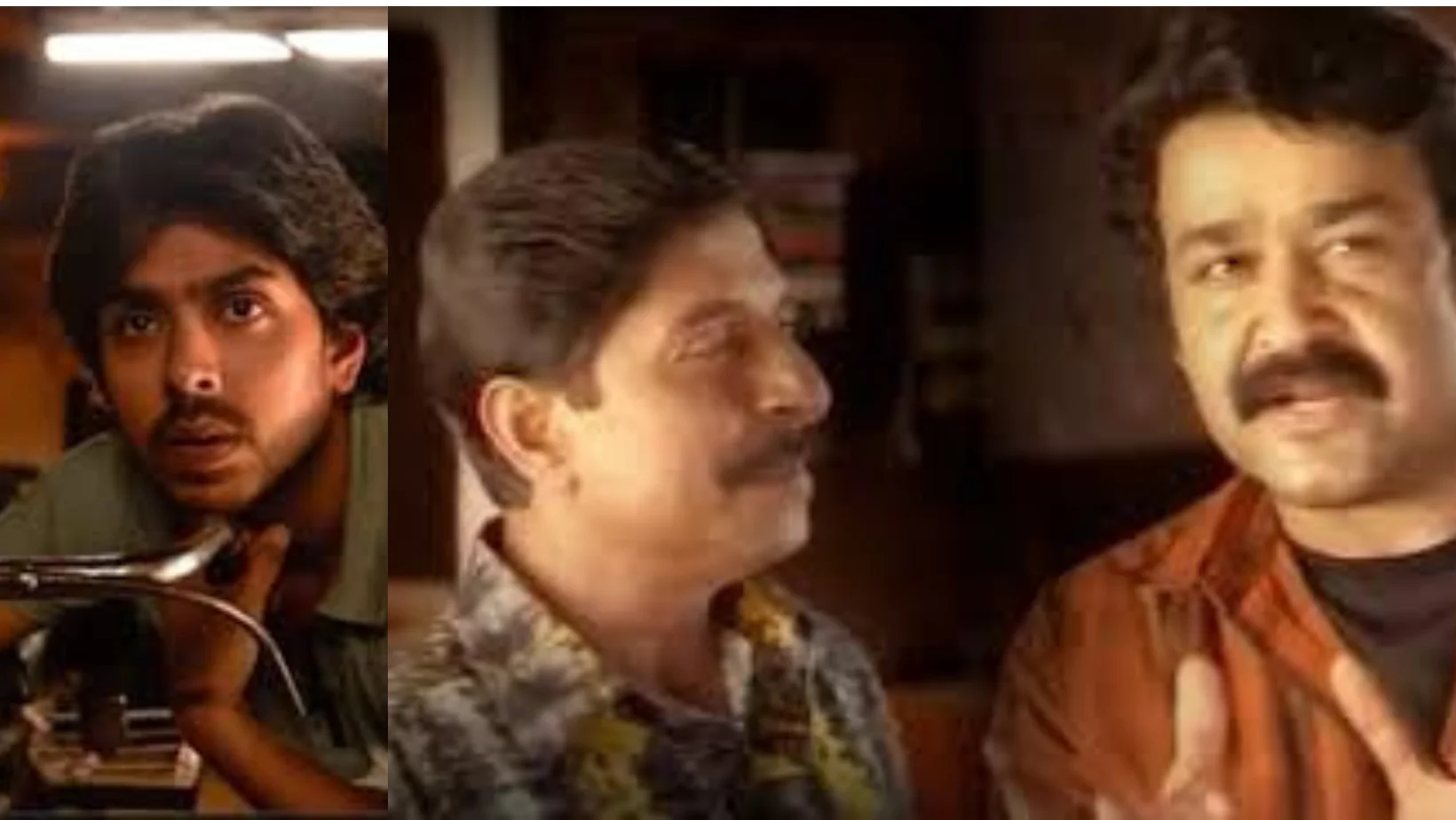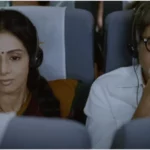Lights, Camera, Meta! — Indian Movies That Dive Into the World of Cinema Itself
There’s something fascinating about movies that look back at themselves — films that explore the very world they’re a part of. Whether it’s about the dreams of a small-town filmmaker, the politics of stardom, or the dusty archives of film history, Indian cinema has its fair share of self-reflective gems that turn the camera inward. These films don’t just tell stories — they tell the story of stories.
Here’s a look at some standout Indian films that are based on, inspired by, or set inside the magical (and sometimes maddening) world of the film industry.
1. Harishchandrachi Factory (2009, Marathi)
The joy and chaos of being the first.
Paresh Mokashi’s delightful biopic takes us all the way back to 1913 — when Dadasaheb Phalke was struggling to make India’s very first feature film, Raja Harishchandra. What makes this film special is its tone — instead of a dry, reverent history lesson, Harishchandrachi Factory is brimming with humor, imagination, and wide-eyed optimism. It’s not just about making a film, but about a man infected with a dream and willing to risk it all.
2. Superboys of Malegaon (2025, Hindi)

Low budget. High passion.
Few films celebrate pure love for cinema like Superboys of Malegaon (directed by Rima Kagti) does. Set in the small town of Malegaon in Maharashtra, where locals make hilarious, low-budget spoofs of Bollywood blockbusters, Superboys of Malegaon is a heartwarming tribute to grassroots creativity. It is based on real-life people from Malegaon, who have a deep passion for cinema. Despite technical limitations, the joy and ingenuity of these amateur filmmakers shine through. It’s a reminder that cinema doesn’t need a massive budget — just a massive heart.
3. Om Shanti Om (2007, Hindi)

Bollywood, but make it meta.
Farah Khan’s glitzy reincarnation drama is part love letter, part spoof, and part inside joke. Om Shanti Om has everything — 70s nostalgia, item numbers, over-the-top villains, and self-aware humor about the film industry’s obsession with fame and legacy. With Shah Rukh Khan in dual roles, it pokes fun at stardom even as it celebrates it, and the film’s iconic dialogue — “Picture abhi baaki hai mere dost!” — has become a symbol of cinematic resilience.
Also Read: 10 Movies Like Rekhachitram (Malayalam Movie)
4. Celluloid (2013, Malayalam)
Film history meets personal sacrifice.
If Harishchandrachi Factory is the Marathi tribute to India’s cinematic origins, Celluloid is its Malayalam counterpart. Directed by Kamal, this poignant biopic traces the life of J.C. Daniel, the maker of Kerala’s first film, Vigathakumaran. What unfolds is a tragic tale of erasure, caste discrimination, and forgotten legacy. It’s not just about making movies — it’s about how history chooses whose stories to remember.
5. Kaagaz Ke Phool (1959, Hindi)

Guru Dutt’s haunting farewell.
This is arguably Indian cinema’s most iconic film about the cost of filmmaking itself. In Kaagaz Ke Phool, Guru Dutt plays a once-successful director whose life and career spiral downward. Gorgeously shot in black-and-white, the film is both a cinematic marvel and a deeply personal reflection on fame, loneliness, and artistic despair. Ironically, it was a box-office failure when released, only to be celebrated decades later as a masterpiece.
6. Udayananu Tharam (2005, Malayalam)

Satire at its sharpest.
Before Jigarthanda, there was Udayananu Tharam — a film that took a scalpel to the hypocrisies and opportunism of the movie industry. Starring Mohanlal as an aspiring director whose script is stolen by his backstabbing friend, the film is filled with black comedy and biting wit. The narrative moves briskly between humor and critique, and for anyone who’s ever dreamed of making a film, it’s both a warning and a wink.
7. Varshangalkku Shesham (2024, Malayalam)

The film industry, filtered through friendship.
Vineeth Sreenivasan’s latest addition to Malayalam cinema’s metaverse takes us on a nostalgic journey through decades of movie magic. Following the bond between two friends — one a writer, the other an actor — Varshangalkku Shesham is a love letter to cinema and the people behind it. It has moments of laughter, heartbreak, and familiar echoes for anyone who has grown up watching or dreaming about movies.
8. Luck by Chance (2009, Hindi)
Where ambition meets harsh reality.
Zoya Akhtar’s debut is among the most honest portrayals of the Bollywood dream machine. Through the eyes of a struggling actor (Farhan Akhtar) and a hopeful actress (Konkona Sen Sharma), the film peels back the glitter to reveal the hustle, compromises, and chance encounters that shape careers. Smartly written and brilliantly cast, Luck by Chance doesn’t villainize the industry, but it does question the illusion it sells.
9. Jigarthanda (2014, Tamil)

A gangster film inside a film about gangsters.
Karthik Subbaraj’s wildly inventive Jigarthanda blurs the line between art and reality. When a young filmmaker decides to base his next movie on a real-life gangster, he finds himself caught in a dangerous, unpredictable game. Equal parts thriller and satire, Jigarthanda is layered, self-aware, and wickedly entertaining. It’s not just a film about filmmaking — it’s a film about how the process itself can change the creator.
10. Filmistaan (2012, Hindi)
Where cinema unites, across borders.
Set against the backdrop of Indo-Pak relations, Filmistaan follows a Bollywood-obsessed assistant director who is kidnapped and taken across the border. What unfolds is a touching tale of shared pop culture, love for Hindi films, and the absurdity of borders when it comes to fandom. With plenty of laughs and an even bigger heart, Filmistaan is a reminder that cinema has the power to transcend even the deepest divides.
From nostalgic tributes to sharp satires, Indian cinema has often turned the camera on itself, and the results have been rich, layered, and unforgettable. These films aren’t just about the glamour of movie-making; they explore the sacrifices, heartbreaks, absurdities, and absurd dreams that come with it. In doing so, they help us understand the film industry and the people and passions that keep it alive.
And maybe, in the end, all of us — movie buffs, makers, or mere spectators — are part of this sprawling, unfinished script.

I can’t stop talking about films, so I blog!
I started The FourthWall, my film blog, to share my thoughts on films and shows with fellow movie buffs, and over the years it has become my happy place. Come join in for some interesting conversations on cinema… and sometimes books and fashion!








